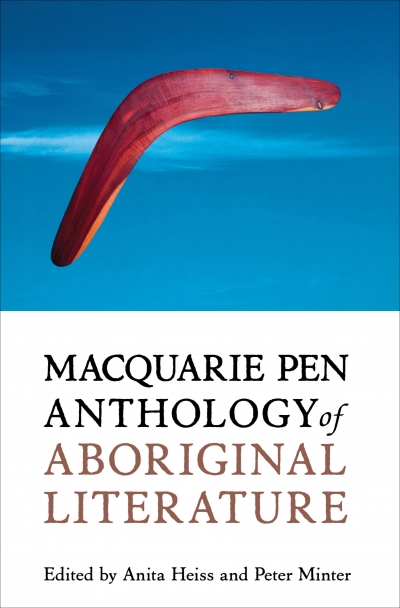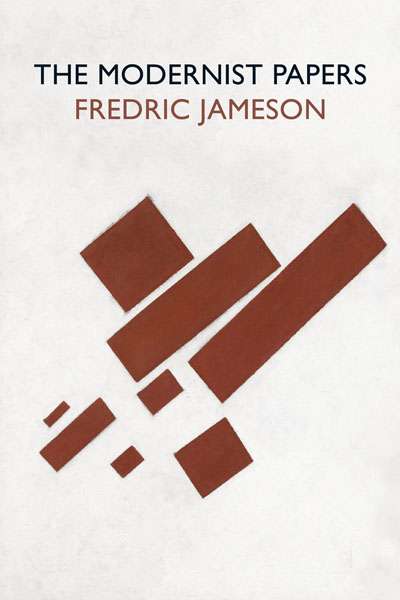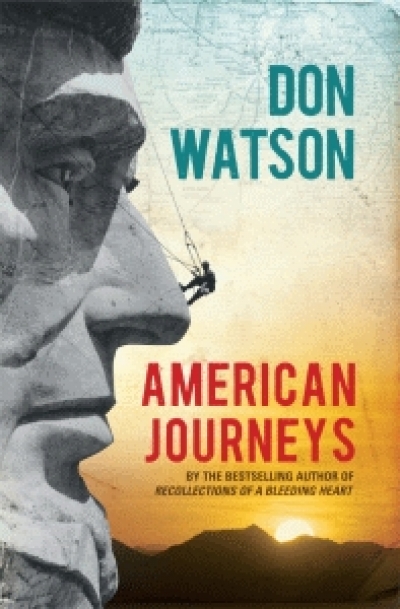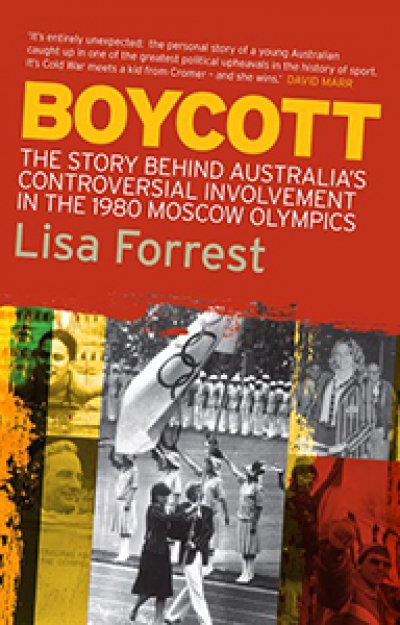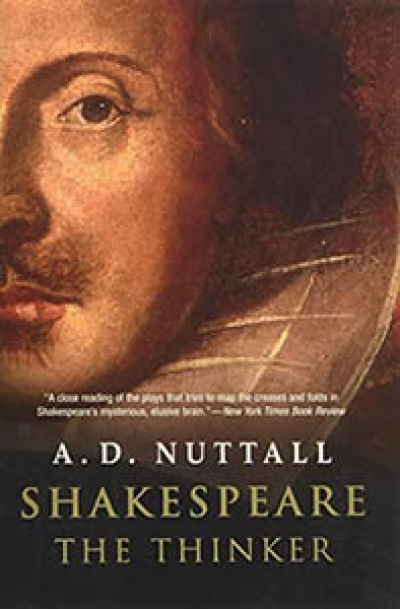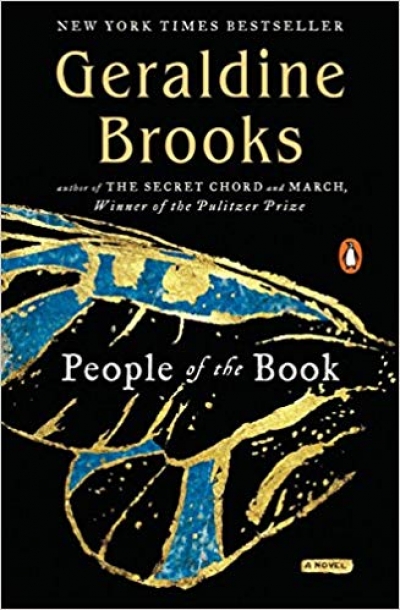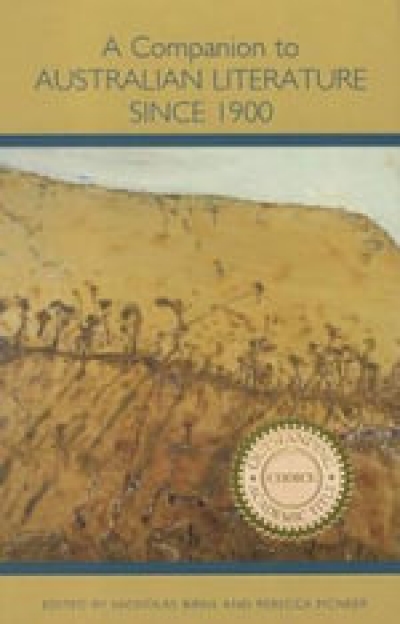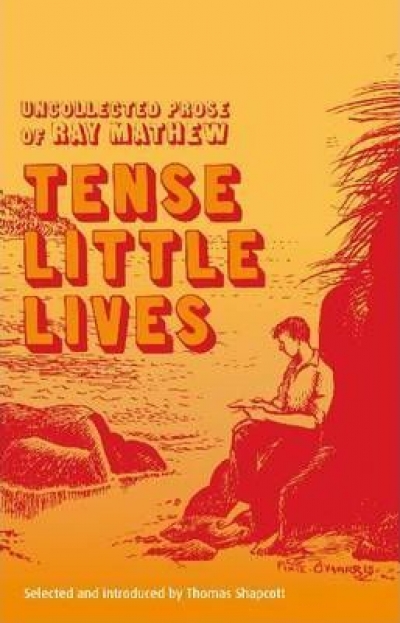Archive
Macquarie PEN anthology of Aboriginal literature edited by Anita Heiss and Peter Minter
by Jaya Savige •
Most editors look forwards, not back. We have to: there are pages to fill, readers to court, deadlines to meet. But publication of a 300th issue of a literary review invites retrospection, if not undue nostalgia... ... (read more)
Boycott: The story behind Australia’s controversial involvement in the 1980 Moscow Olympics by Lisa Forrest
by Brian Stoddart •
sampling Jeffrey Harrison’s ‘Danger: Tulip’,
from Ploughshares, Winter 2006–07
Was I hoping to find my way to the creek, loud
with unseasonal rain, and to see, perhaps,
A Companion to Australian Literature Since 1900 edited by Nicholas Birns and Rebecca McNeer
by Peter Pierce •
Tense Little Lives: Uncollected prose of Ray Mathew edited by Thomas Shapcott
by Adrian Mitchell •

